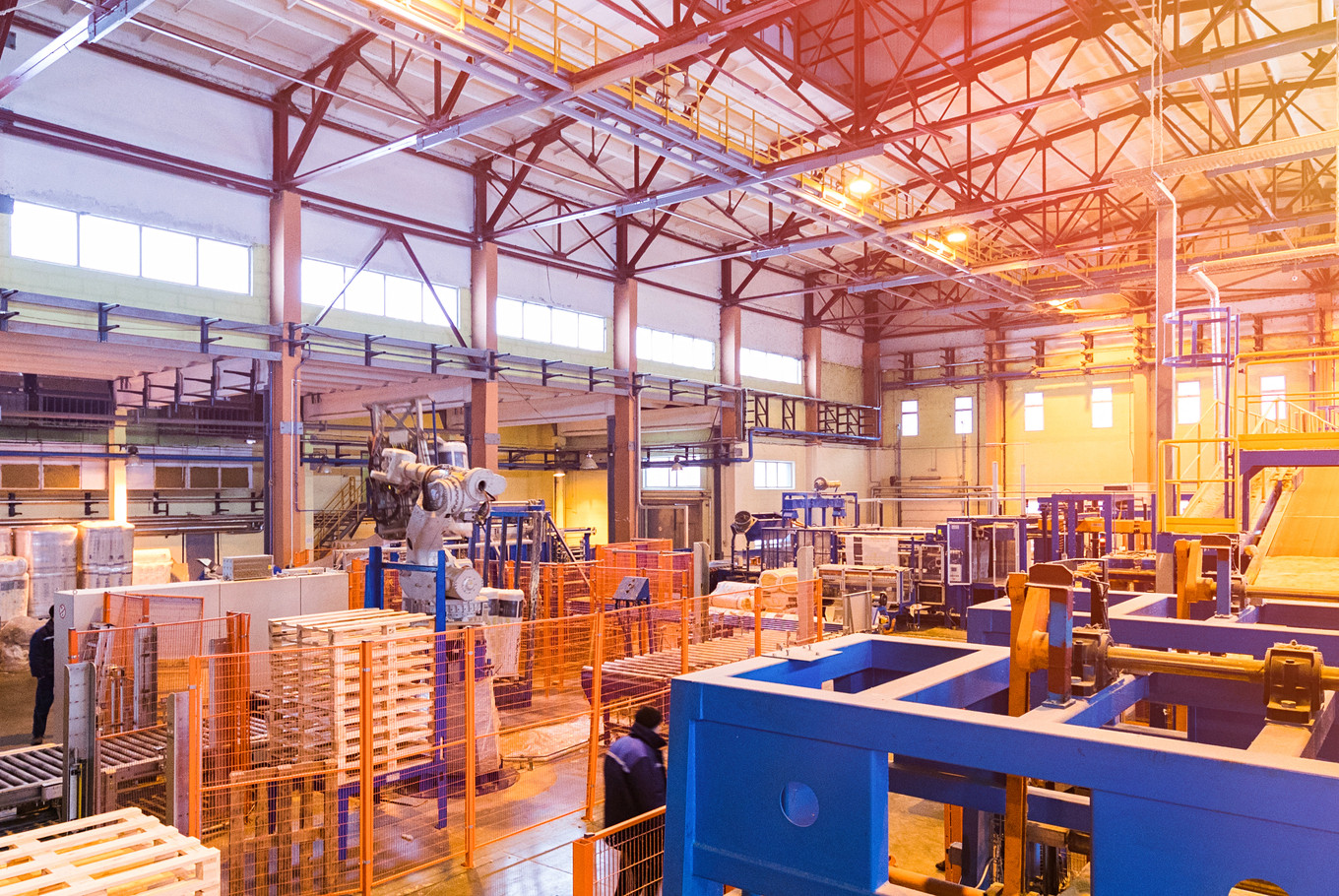Why do we need to revive the manufacturing sector?
The fact that the agricultural sector becomes more industrialized and more productive over time indicates that the manufacturing sector plays an important enabling role for advances in mechanization and chemical processing occurring in the agricultural sector.
Change Size
 (Shutterstock/TRMK)
(Shutterstock/TRMK)
T
here has been a growing discussion globally on the transformation toward a service-based economic structure associated with the concept of a “post-industrial age”, which refers to how the manufacturing sector has been losing ground as the main driver of economic growth.
In Australia, for example, the share of manufacturing in the gross domestic product dropped from 30 percent in the 1950s to just around 6 percent in 2020. This trend is occurring not only in developed nations but also in many developing countries, even at a “premature” state.
Since the 1990s, with the rapid information and technological development in some services, economies of scale in the service sector have become increasingly significant because the marginal cost of producing one additional unit can be negligible. Although it is justified that the service sector might emerge as the new main engine of growth, it is too soon to claim that this is indeed the case.
One of the arguments in favor of manufacturing as the main engine for growth in economic development is that it is a more productive and dynamic sector because of the better possibilities of capital accumulation and economies of scale compared to the agricultural and service sectors.
Using data from a selected number of developing countries in Asia and Latin America, Adam Szirmai in 2012 found that value added per worker is much higher in manufacturing than in the agricultural and service sectors.
The manufacturing sector is considered capable of providing a great opportunity for the development of new technologies. Since the industrial revolution, many technological developments started in the manufacturing sector and then spread out to other sectors.
As one of the main sources for technological development in the economy, the manufacturing sector plays an important role in creating spill-overs and linkages to other sectors. Investment in technological advancement made in the manufacturing sector can bring positive external effects by fueling technological change in the agricultural and service sectors.
For instance, technological progress occurring in the manufacturing sector is bound to boost the productivity of the agricultural sector; not only because of the better inputs now available (e.g., better agricultural machinery and more effective fertilizers and pesticides) but also the lower cost of inputs from the manufacturing sector due to the economies of scale in production.
The fact that the agricultural sector becomes more industrialized and more productive over time indicates that the manufacturing sector plays an important enabling role for advances in mechanization and chemical processing occurring in the agricultural sector.
The manufacturing sector has higher tradability than agriculture and services. This is the case because of the physical and non-perishable nature of manufacturing products. Thus, providing a higher share of manufacturing in the economy will lead to higher export earnings.
Although certain services can be provided remotely and have a relatively low marginal cost, a country that relies heavily on services will tend to grow at a slower rate and will suffer from a “structural change burden” as most services are inherently insusceptible to productivity increases due to their labor-intensive nature.
By giving up on manufacturing capacity, a country will also lose the opportunity to export services that support the manufacturing activities. For example, the ability to export certain services, such as engineering, design and management consulting, cannot be maintained in the long-term without a solid manufacturing sector as continuous interaction with the manufacturing sector is pivotal in sustaining such knowledge-based services.
In addition, the manufacturing sector can play an important role in relation to intersectoral demand by serving as a large demand base for other sectors. This leads to a further lowering of production cost for other sectors as it allows economies of scale to be realized.
Even though the marginal cost of producing digitalized services may be close to zero, one should bear in mind that the now highly regulated financial services following the 2008 financial crisis may erode trade surplus in financial services in the future. Problems can also emerge with regard to the appropriation of revenue from these digitalized services as its flow can become impossible to control and valorize.
Besides, many labor-intensive services have been historically characterized by heavy regulation and both natural and policy barriers to entry. We can see how strict social and border restrictions amid COVID-19 have dramatically affected the service sector.
It can be inferred that the manufacturing sector still plays an important role and remains the key sector in the process of economic development. It should be noted that the significance of the manufacturing sector cannot be automatically translated to other sectors being unimportant. One cannot overlook that certain services, such as retailing and transportation, provide significant inputs for industrial development.
Likewise, a healthy and dynamic agricultural sector also acts as a contributor to the success of industrialization.
***
The writer is a PhD student at the Australian National University. She holds an MSc in economics for development, University of Oxford and an MPhil in economics, University of Cambridge.









